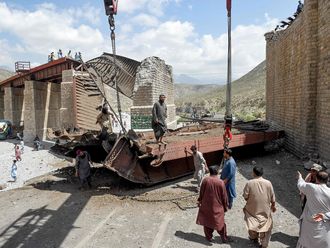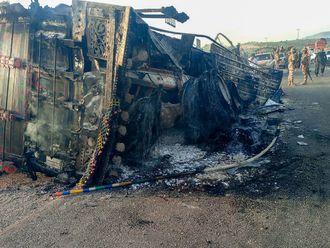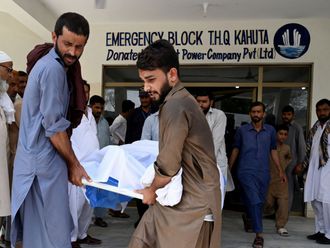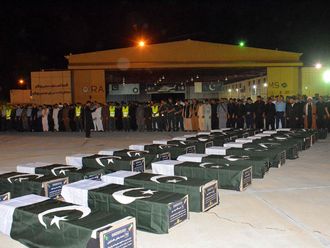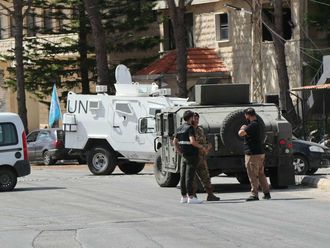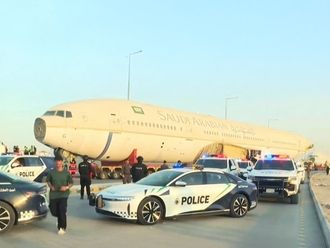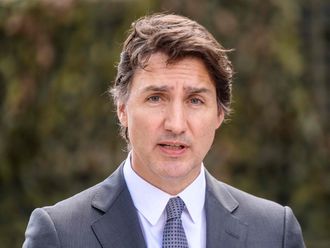Karachi: Religious minorities in Pakistan live in a less privileged environment than the majority, as they face social discrimination and intolerance in many parts of the country, a minority leader has said.
According to the 1998 census, minorities are about 4 per cent of the population and more than 80 per cent of non-Muslims in Pakistan are either Christians or Hindus.
A majority of Pakistan's Christians are concentrated in the central districts of Punjab. More than 50 per cent of Christians live in urban areas, notably Lahore, Karachi and Faisalabad, while the rest are in rural areas.
"Minorities, whether Christians or Hindus, they live in ... fear ... because of growing influence of extremist elements in the society," said Amarnath Motumal, the vice-chairman of Sindh chapter of Human Rights Commission of Pakistan.
Motumal says members of the minorities are compelled to live a low-profile life as the society, state organs and the judiciary are helpless in front of extremists.
Shahbaz Bhatti, a Christian minister, was gunned down in Islamabad last year by unknown assailants. Al Qaida and the Pakistani Taliban Movement in Punjab province claimed responsibility, calling Shahbaz Bhatti, an "infidel Christian".
Bhatti was vocal against the blasphemy law that, the minorities blame, was being exploited to settle personal scores. The law mandates death penalty to those found guilty of insulting Islam.
The minorities are faced with the forced conversion, according to some reports. A majority of the forced conversion are of young girls who elope with Muslim partners and get converted.
Opportunities
When those girls are forcibly converted they find no police or judiciary on their side and the matter is settled "in the favour of the Muslim lover", Motumal said.
Nevertheless, the minorities were enjoying equal opportunity in the fields of economy, education and, to an extent, social contacts.
"They have, however, good opportunities of earning their bread and butter in employment and in education sector, where they have a quota," Motumal said.
Younus Sohan, a Christian leader and lawyer, who is based in Karachi, agrees with Motumal. "There is discrimination against the minorities, but it is mostly in rural areas where people are illiterate," Sohan said.
"But largely the non-governmental organisations exaggerate the discrimination to secure funds from abroad, especially Europe," Sohan said.


